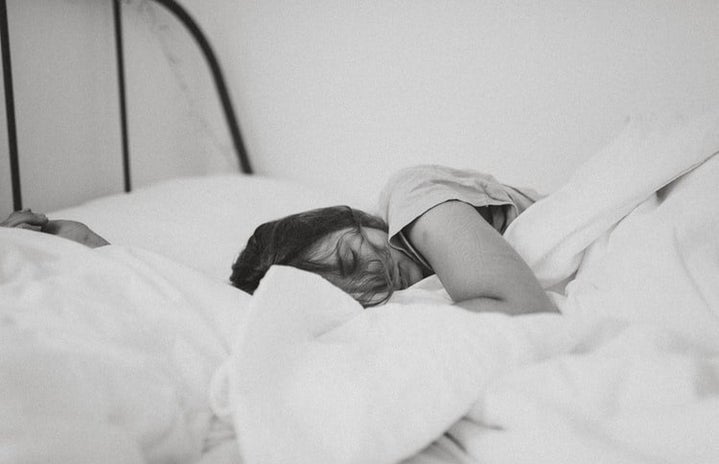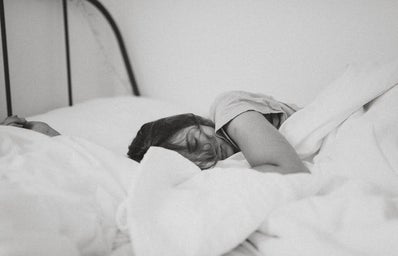Hangovers are one thing, but hangxiety is a whole new beast. Hangxiety is when one experiences extreme anxiety after a night of drinking. Symptoms may include:
- Nervousness
- Irritability
- Feeling on edge
- A sense of impending doom
- Feeling panicked
- Tachycardia
- Hyperventilation
- Sweating
- Trembling
- Fatigue
- Difficulty concentrating
- Trouble sleeping
- Gastrointestinal problems
So why does hangxiety happen exactly? After a night of drinking, your body is trying to recover and is going through a withdrawal of alcohol in your system. Hangxiety will be at its peak when your blood alcohol content (BAC) comes back down to around zero. Alcohol disrupts neurotransmitters in your brain such as dopamine, serotonin, and endorphins. As alcohol leaves your system and these neurotransmitters are no longer being disrupted, the anxiety and depression starts. Your nervous system trying to recalibrate after the consumption of alcohol causes what we now know as hangxiety.
What is the prevalence of hangxiety and who are the most susceptible? 22.6% of people report having hangxiety, and that is just based on reports. There may be people who have not reported it or feel as if it is normal and are unaware they experience it. People who are shy, introverts, and/or have social anxiety are more susceptible to having hangxiety. Since alcohol is a drug which releases social inhibitions, people with these personality traits are likely to drink more than someone without these traits, leading to an increased chance of experiencing hangxiety the day after drinking.
If you’re looking for ways to manage your hangxiety, I got you!
- Hydration
-
- Sleep
-
- Take a Shower
-
- Self-Care Activities
-
I hope this article made you feel less alone in your experiences with hangxiety and gave you insight on how to cope! If your hangxiety is truly unbearable, it may be a sign to take a break from drinking-at least until you feel mentally and physically up for it again. If you know you experience extreme hangxiety but you still have the desire to go out, limit your alcohol intake. Don’t drink to an amount that will send you over the edge. Also make sure to stay hydrated with water while drinking, this will help with your hangover and your hangxiety. Stay healthy and stay safe everybody!


